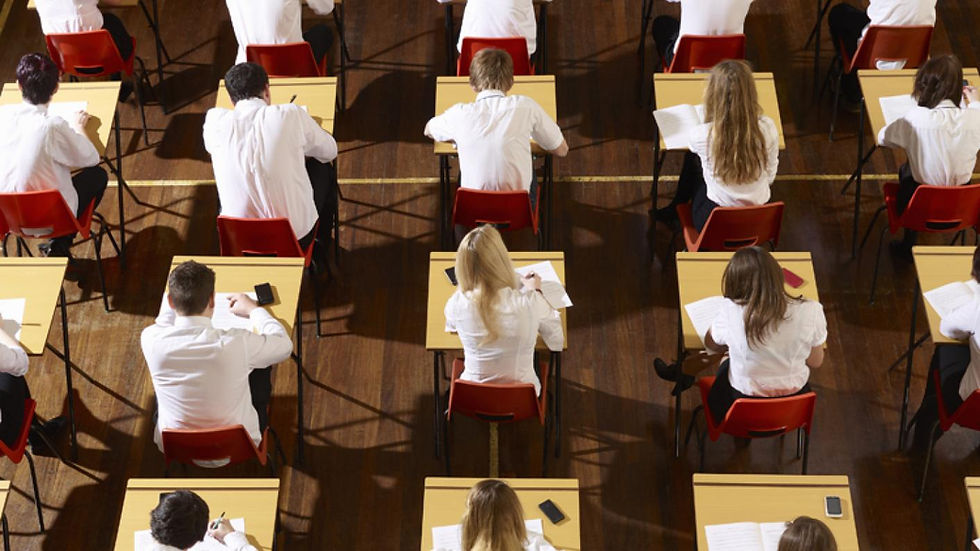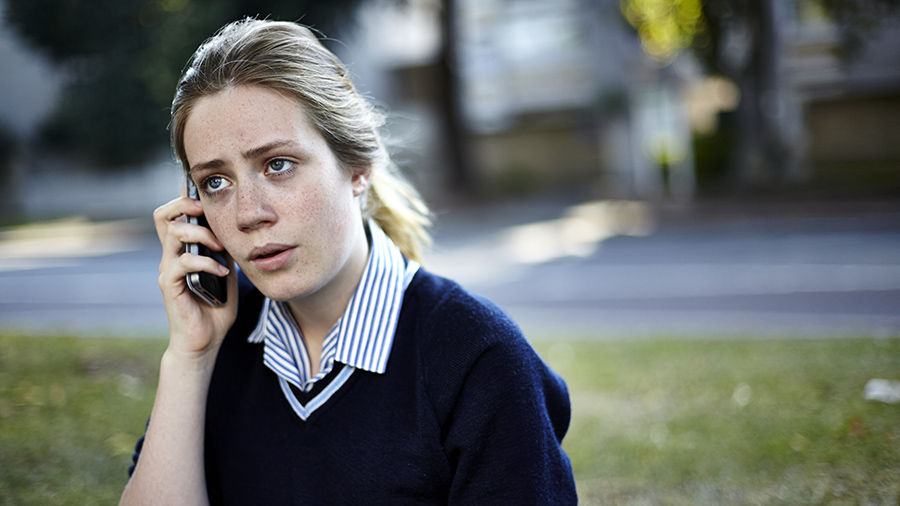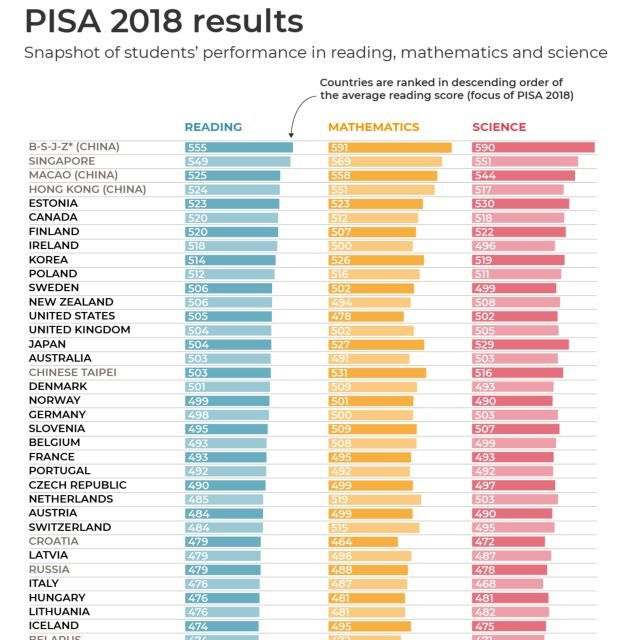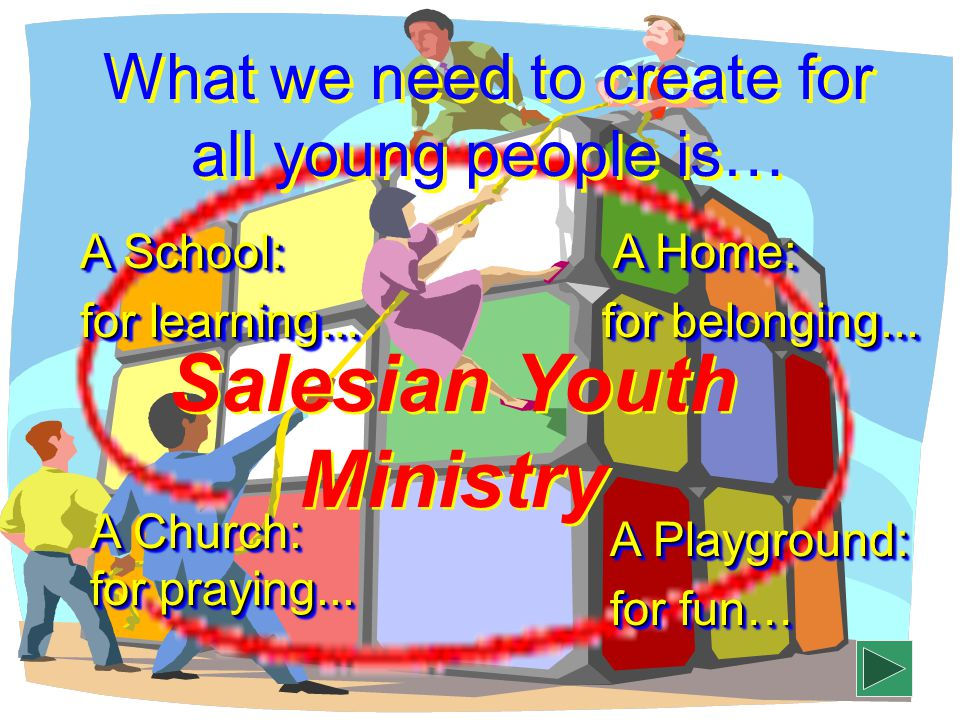The leaning tower of Pisa rankings
- David OMalley

- Dec 7, 2019
- 4 min read

A recent edition of the I paper in the UK (December 4th 2019) included two youth related articles, one dealing with education and the other with society. The first reported an increased performance on the international Pisa tables with the UK moving from 27th to 18th in the rankings. These rankings cover reading science and maths. The most notable increase was in maths. This is great news for educators who have raised these standards at no little cost to themselves and through careful targeting and reflection on techniques and on the building of confidence in these subject areas. All this has been achieved with falling school budgets and the chaos of academisation, free schools and with the changing frameworks for the curriculum and for inspections. Yet the government, when it returns to Westminster, will no doubt claim the credit for this improvement despite the austerity of the last ten years and a punitive inspection system.
The nearby I paper article picks up another thread in the Pisa survey that identifies that life satisfaction among UK 15-year olds is lower than that in Colombia, Estonia and the USA. UK 15-year olds were seen as 15% lower in life satisfaction than the average 15-year-old across the 37 nations involved in the Pisa research. Only a third of UK youth described themselves as “always Happy.”
The two stories, taken together, prompt a deeper reflection on this research for educators.
1. Assessment of students’ abilities is always more of an art than a science. Even in short tests with known students there can be huge variations from day to day in performance and variability in marking despite the best practices. This has been raised in relation to China’s top scoring rank in Pisa over the last decade where they seem to have managed a 60 point score improvement over three years when the other most improved countries work hard to manage a ten point increase. So don’t take these figures too seriously.

2. The UK improvement in these rankings may well be due to an intensification of exam preparation at the expense of broader holistic learning. Many schools have now adopted intensive methods including starting GCSE studies at Key stage three, running intensive residential revision, having intensive weekend revision sessions and also one to one tuition for “borderline grade students” who can improve one grade with a more sustained support. And it seems to be working if the Pisa rankings are correct. Reading, maths and science scores are improving across the education system. Teachers need to be congratulated for this improvement because it arises from greater skills, better data and going the extra mile with pupils, often at the expense of family and personal living. Let’s not give the credit to government policy which is more concerned with budget cuts and policing schools.
3. The Pisa rankings for life satisfaction in 15-year-olds could be due, in part, to that intensification of education. It is not the only factor in determining life satisfaction but, given that 15 year-olds spend a large proportion of their waking hours in school, it must be significant. The Charity, Young Minds, tells us that in every classroom there are at least three young people with significant anxiety or depressive disorders. How does this intensification of learning affect them? How does a good teacher spot the children at risk from excessive emphasis on results?

It is interesting that in Shanghai, which scores top of the Pisa rankings, the parents are recognising the damage done to their children and family life by the intensification and narrowing of education. Mrs Xuan, talking of her ten year old son said,
I want to give my child different options that will allow him to see multiple perspectives and know how to find his own direction.
She is one of many Chinese parents who want to send their children to what they call an “east meets west” school. In those schools there are elements of a wider curriculum of arts, music and sport that broaden the mind and self-awareness of the students. There is also a hunger to learn more about other cultures and to prepare for a more globally aware world.
So, if we are moving up the Pisa tables, is that good? Yes, it is. It is good because we are achieving a steady improvement of standards and also because many of our amazing schools are doing that without narrowing the curriculum. They still put on musicals, run competitive sports and maintain great music and drama departments. They take young people on trips, engage with the local community and celebrate school community life. They are committed to a “both and” approach to education of the whole person and not content to just climb the narrow league tables of politicians, important as they are. Good schools do not abandon this broad approach when addressing the specific target setting that pushes up standards.

Like parents in Shanghai, schools want to make a balanced offer to young people that builds the whole person, enhances self-esteem and builds a joyful resilience in pupils. That balance is maintained by a strong clear ethos that constantly re-balances the energy of the school. In a Salesian school this balancing is achieved by a fourfold focus on home, school, playground and church. In other words by creating a sense of belonging (Home), a learning attitude rooted in experience (School), an ability to celebrate and escape intensity (Playground) and a chance to slow down activity and slip into reflection on deeper values. (Church). The Pisa rankings seem to be used in an unbalanced way to empasise the narrower academic aspects of our children's lives. The rankings also report on persona elements, like life satisfaction, but these are easily discarded for the more mechanical links between teaching and testing.

The Salesian model of balance responds to this lean towards the measurable by giving due place to academic learning but also including learning from a range of experiences and the pattern of relationships in school. It leads not just to success in exams but to life-long learning and the discernment that leads to wisdom. It avoids the narrowness that Pope Francis identifies as closing hearts and suppressing compassion. Such an approach breeds an optimism and a buoyancy that is the antidote to the anxiety and sadness suffered by so many students today. May the Salesian approach always lean towards the whole person and not just the mechanics of passing an examination.



Comments